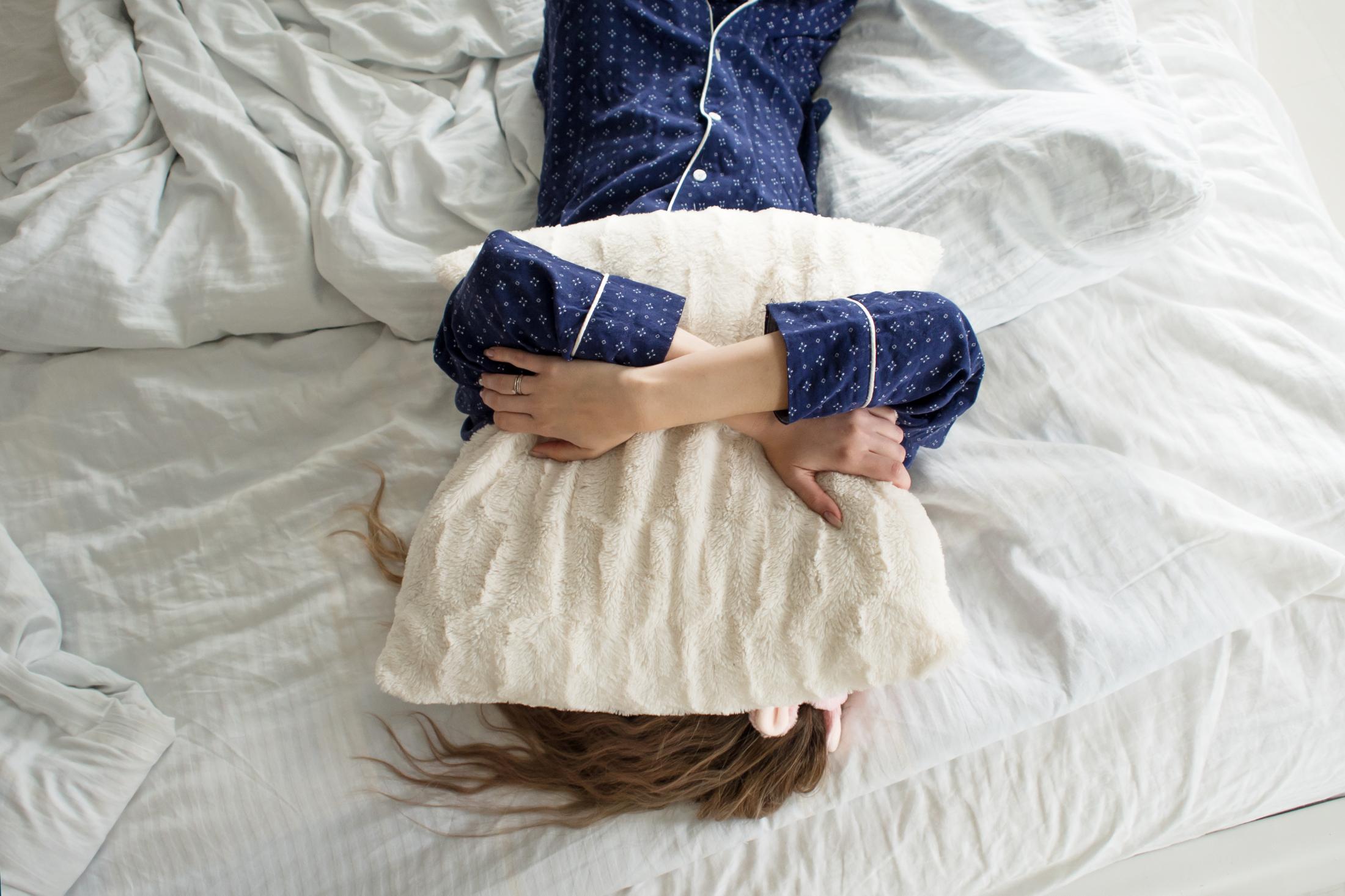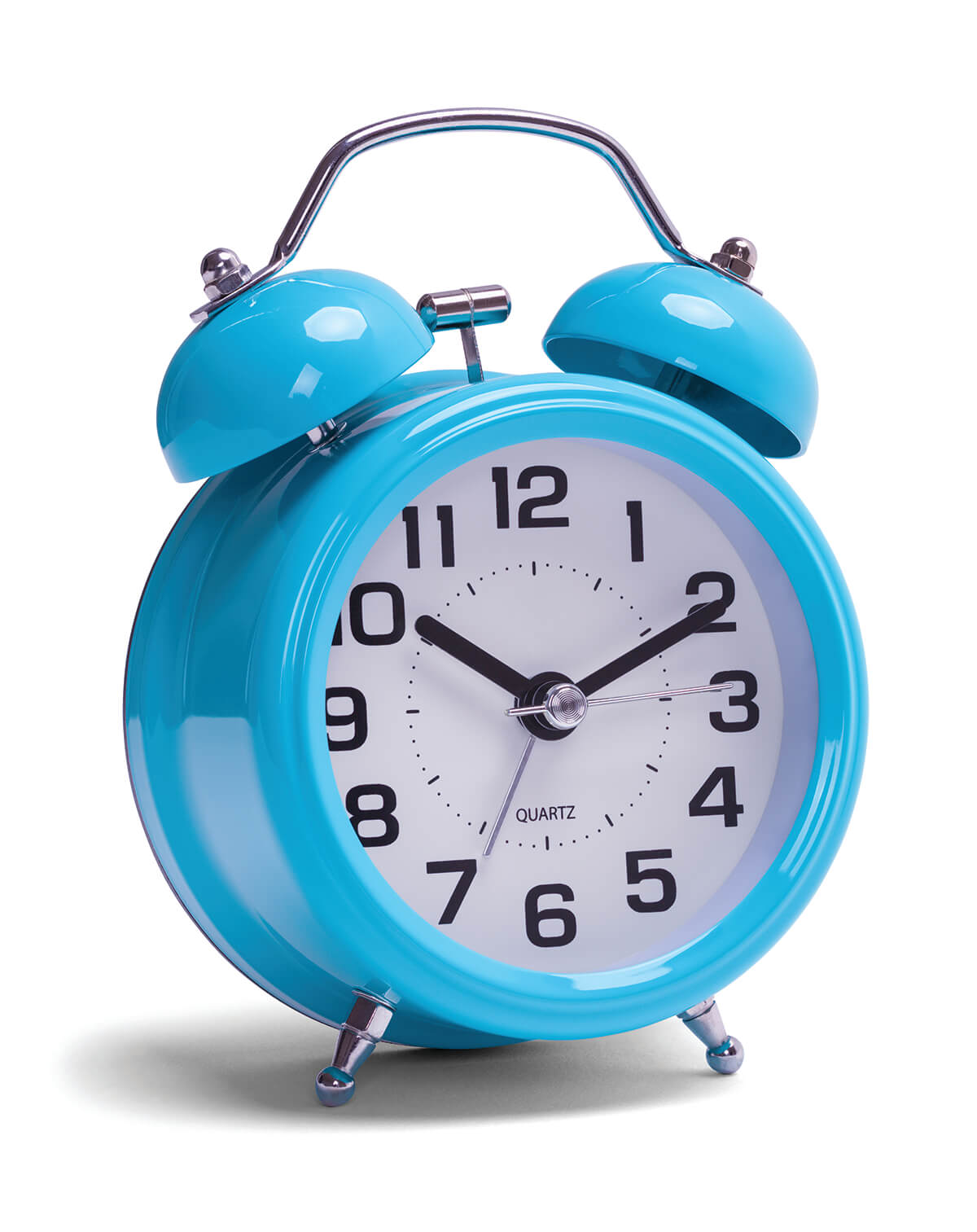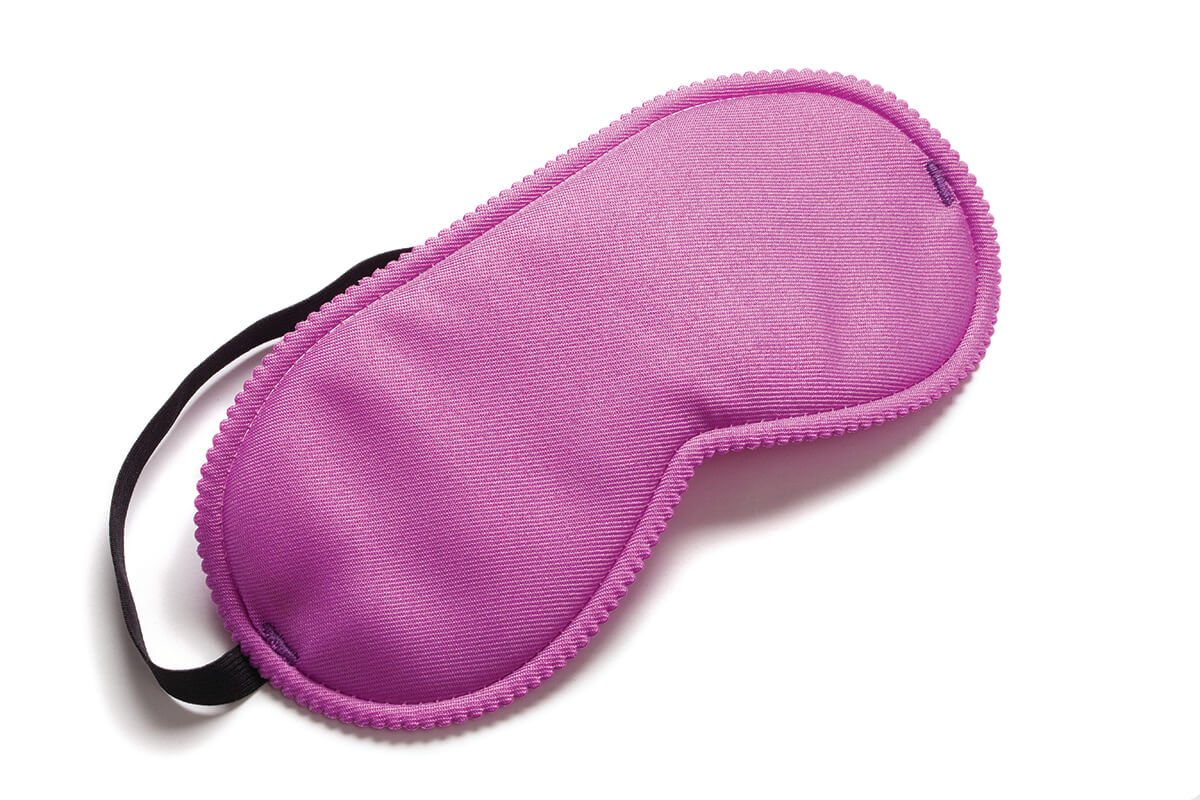Health & Wellness
How to Build Healthy Sleep Habits You Can Stick To
We check in with Dr. Emerson Wickwire, section head of sleep medicine at the University of Maryland Medical Center Midtown Campus.

We know that sleep is essential, that we should all get around eight hours of it a night (LOL), and that a lack of sleep can be detrimental to our health. But can we actually build healthy sleep habits? We checked in with Dr. Emerson Wickwire, section head of sleep medicine at the University of Maryland Medical Center Midtown Campus, and asked what practical steps we can take to get a better night’s sleep.
What is sleep hygiene?
Sleep hygiene simply means following healthy sleep habits. Sleep is related to virtually every bodily function, including our brains. Not getting enough sleep or not getting enough quality sleep increases the risk for medical and mental health problems from depression to diabetes. Not to mention, not sleeping well is just no fun.
How do we know if we are getting enough rest?
You wake up feeling refreshed, energized, and ready for the adventure of a new day. It’s also important to realize that humans are very, very bad at estimating the effects of sleep loss. Research consistently shows that sleep loss worsens brain function, even though subjects perceive they are performing fine. If in doubt, adjust your schedule to allow for an extra 90 minutes of sleep every night for 10 days; you’ll be amazed at how much better you feel.
What are some recommended practices to include in your nighttime routine?
I recommend a “stair-step approach.” Think of the hours between late afternoon and bedtime as red (busy day), yellow (home and family time), and green (sleep). Draw boundaries between the steps and include relaxing activities that you enjoy at each step of the way.
Is there anything we should avoid doing before going to sleep?
Avoid stimulating activities that can activate waking regions in the brain, like paying bills. Likewise, avoid caffeine, alcohol, nicotine, and greasy, spicy, or sugary foods, as these can all disrupt sleep. Stop screen use one to two hours before bed; these lights are powerful melatonin suppressants and can delay sleep.
At what point might it be helpful to see a sleep doctor?
If you have trouble sleeping or wonder if you might have a sleep disorder, you should talk to your doctor. Depending on your symptoms and pertinent medical history, your doctor might recommend that you see a sleep specialist. At the University of Maryland Sleep Disorders Center, we employ a holistic, patient-centered approach, which follows three phases: comprehensive assessment, careful diagnosis, and thoughtful prescription, based on every patient’s individual needs and preferences.
WHAT YOU NEED
BOUNDARIES: Approach your daily routine in sections, gradually reducing activity from active to relaxing by the evening.

TIME: If you’re feeling consistently unrested, try giving yourself an extra 90 minutes of sleep for 10 days to see if you just need more sleep.

AWARENESS: Pay closer attention to sleep habits to ensure you are practicing good sleep hygiene.
